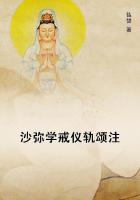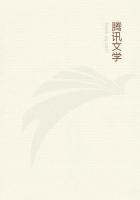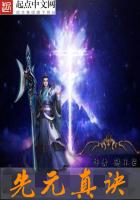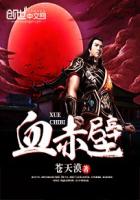(11) This ancient city Hamath, which is joined with Arpad, or Aradus, and with Damascus, 2 Kings 18:34; Isaiah 36:19; Jeremiah 49:23, cities of Syria and Phoenicia, near the borders of Judea, was also itself evidently near the same borders, though long ago utterly destroyed.
(12) Josephus says here that Jeremiah prophesied not only of the return of the Jews from the Babylonian captivity, and this under the Persians and Medes, as in our other copies; but of cause they did not both say the same thing as to this circumstance, he disbelieved what they both appeared to agree in, and condemned them as not speaking truth therein, although all the things foretold him did come to pass according to their prophecies, as we shall show upon a fitter opportunity their rebuilding the temple, and even the city Jerusalem, which do not appear in our copies under his name.See the note on Antiq.B.XI.ch.1.sect.
3.
(13) This observation of Josephus about the seeming disagreement of Jeremiah, ch.32:4, and 34:3, and Ezekiel 12:13, but real agreement at last, concerning the fate of Zedekiah, is very true and very remarkable.See ch.7.sect.2.Nor is it at all unlikely that the courtiers and false prophets might make use of this seeming contradiction to dissuade Zedekiah from believing either of those prophets, as Josephus here intimates he was dissuaded thereby.
(14) I have here inserted in brackets this high priest Azarias, though he be omitted in all Josephus's copies, out of the Jewish chronicle, Seder Olam, of how little authority soever I generally esteem such late Rabbinical historians, because we know from Josephus himself, that the number of the high priests belonging to this interval was eighteen, Antiq.B.XX.ch.10., whereas his copies have here but seventeen.Of this character of Baruch, the son of Neriah, and the genuineness of his book, that stands now in our Apocrypha, and that it is really a canonical book, and an appendix to Jeremiah, see Authent.Rec.Part I.p.1--11.
(15) Herodotus says, this king of Egypt [Pharaoh Hophra, or Apries] was slain by the Egyptians, as Jeremiah foretold his slaughter by his enemies, Jeremiah 44:29, 30, and that as a sign of the destruction of Egypt [by Nebuchadnezzar].Josephus says, this king was slain by Nebuchadnezzar himself.
(16) We see here that Judea was left in a manner desolate after the captivity of the two tribes and was not I with foreign colonies, perhaps as an indication of Providence that the Jews were to repeople it without opposition themselves.I also esteem the latter and present desolate condition of the same country, without being repeopled by foreign colonies, to be a like indication, that the same Jews are hereafter to repeople it again themselves, at their so long expected future restoration.
(17) That Daniel was made one of these eunuchs of which Isaiah prophesied, Isaiah 39:7, and the three children his companions also, seems to me plain, both here in Josephus, and in our copies of Daniel, Daniel 1:3, 6-11, 18, although it must be granted that some married persons, that had children, were sometimes called eunuchs, in a general acceptation for courtiers, on account that so many of the ancient courtiers were real eunuchs.See Genesis 39:1.
(18) Of this most remarkable passage in Josephus concerning the "stone cut out of the mountain, and destroying the image," which he would not explain, but intimated to be a prophecy of futurity, and probably not safe for him to explain, as belonging to the destruction of the Roman empire by Jesus Christ, the true Messiah of the Jews, take the words of Hayercamp, ch.10.sect.4: "Nor is this to be wondered at, that he would not now meddle with things future, for he had no mind to provoke the Romans, by speaking of the destruction of that city which they called the Eternal City."(19) Since Josephus here explains the seven prophetic times which were to pass over Nebuchadnezzar (Daniel 4:16) to be seven years, we thence learn how he most probably must have understood those other parallel phrases, of "a time, times, and a half," Antiq.B.
VII.ch.25., of so many prophetic years also, though he withal lets us know, by his hint at the interpretation of the seventy weeks, as belonging to the fourth monarchy, and the destruction of Jerusalem by the Romans in the days of Josephus, ch.2.sect.

